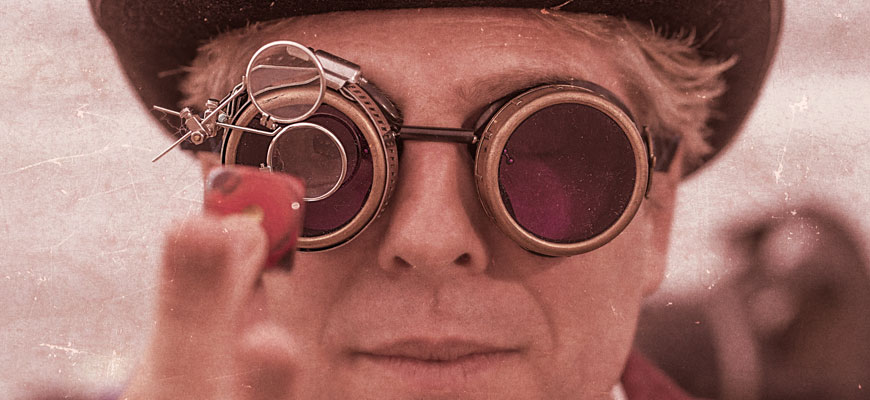
Music professor gets creative in managing change
David Cutler turns innovation into a game
Posted on: April 5, 2022; Updated on: April 5, 2022
By Dan Cook, dancook@mailbox.sc.edu, 803-777-7366
When you think of change management, you might think of the Harvard Business Review or McKinsey’s global consultants.
You probably don’t think about musicians. But in David Cutler’s new book, The GAME of Innovation, the distinguished professor of entrepreneurship and innovation in the School of Music takes lessons that began in the arts and translates them into a broad-based way of thinking about change in business or any other facet of life.
It makes sense. Musicians are constantly innovating, either directly through the music they play or write, or indirectly through the way they juggle multiple commitments to perform, teach and record amid an ever-shifting landscape of media and technology. Over the course of his career, Cutler has learned to take lessons learned from the arts to an ever-wider range of disciplines.
“I came from two very different worlds: the classical music world and the jazz music world,” says Cutler, who is a pianist and composer. “The classical tradition taught me about attention to detail and the pursuit of excellence and having an ironclad work ethic. The jazz world had very different values: It's about finding your own solution, finding your own voice. It's about walking that tightrope and taking something that existed before, but reimagining it in a way that nobody else has.”
Those two world views have led Cutler to approach challenges from multiple perspectives, with a focus on the art of the possible as well as on the ground-level details.
Games unify communities behind a shared sense of purpose and enforce accountability to rules and results.
David Cutler
“Thanks largely to my musical training, I have always been a big idea person, but also a detail person,” he says. “Sometimes, there are organizations with these big ideas, but they don’t happen because innovation usually happens at a lower level of the organization. And then you've got other communities that are really good at execution, but it's very difficult for them to see anything beyond what they have always done.”
The GAME of Innovation, published by McGraw-Hill, offers tools for working through these challenges. Instead of freewheeling brainstorming sessions, where some voices dominate and others are marginalized, Cutler offers a fun but systematic way for organizations to think through challenges.
Why a game?
“Games unify communities behind a shared sense of purpose and enforce accountability to rules and results,” Cutler says. The book guides teams as they view problems through multiple lenses, offering tools for facilitating discussion, solutions for dealing with prickly personalities and insights on how to turn a good idea into a remarkable one.
Cutler lays out a familiar scenario the book is designed to address: “So, what happens when you’re working with a team and they say, ‘Here’s the problem. What should we do?’ And then someone has an idea, and someone hates that idea.”
We’ve all been there.
Beyond getting people aligned around the best idea is how to get people engaged with problem-solving in the first place.
“Many people find purpose in fighting against the change,” Cutler says. “But when you say, ‘This is what we need to do. This is why it has to happen. I don’t know how to get there, and I need your help’ — that’s where so many great ideas come from. If you give them clarity of purpose and process, there’s a lot more buy-in and consensus and ownership, because they are the problem-solvers.”
Cutler — who works with a team that includes an illustrator, a graphic designer and more — continually hones his ideas working with real-world clients. During the next academic year, he’ll have a unique challenge — leading a team at DePauw University in Indiana as interim music dean for the next year. It’s a temporary position that combines both where he’s coming from, music, and where he’s been going, change-management.
“I think for a long time my worldview has been getting bigger and bigger,” he says. “My background is as a musician and an artist. But I have since worked with banks and casinos and government and all kinds of different organizations where we go through a process. At the beginning of the process, I have no idea what the outcomes are going to be. But if it's a well-designed game, I’m pretty sure that amazing results will come out of it.”